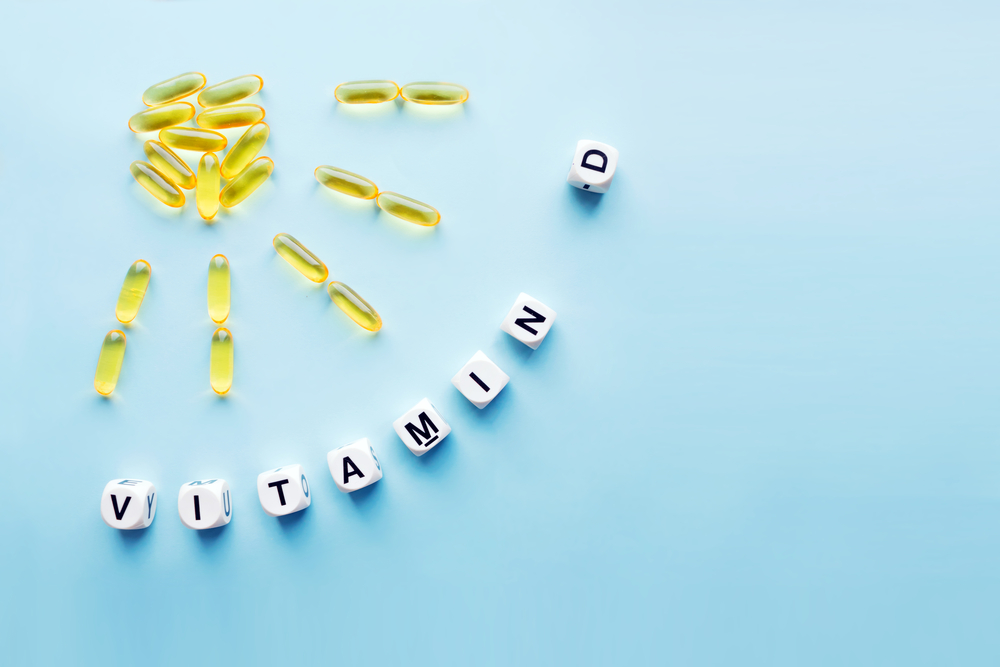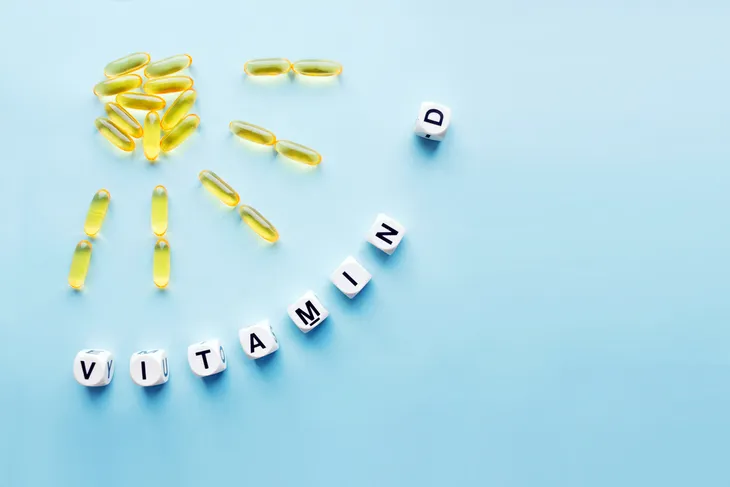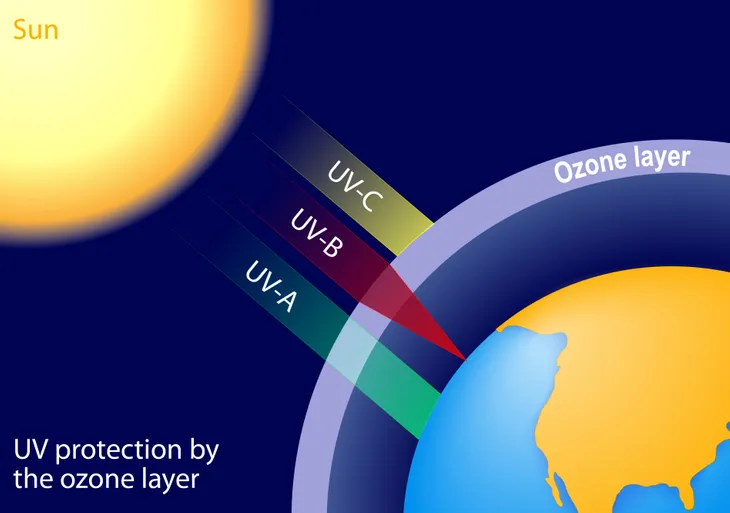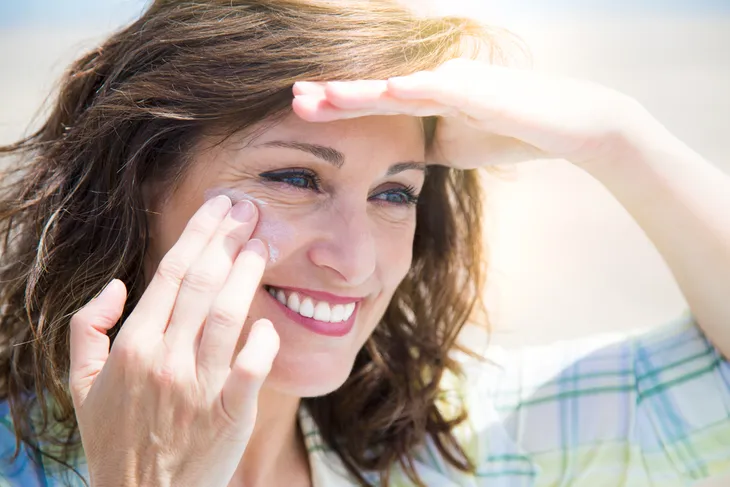The sun—without it, living things on earth wouldn’t exist. The light and heat from the big ball of fire in the sky sets the stage for our planet’s livable conditions. However, while the sun is essential to our bodies, too much or too little of it can have some interesting effects.
We know (well, most of us) that the sun’s UV rays can be damaging to our skin and possibly lead to skin cancer, especially as the earth’s natural ozone layer is depleted. However, the suns rays can affect us in other—sometimes good, sometimes bad, sometimes strange—ways. Here are six of them…
More Sunlight Means a Lighter Mood
Health.com notes that sunlight releases serotonin, which is a brain chemical responsible for a good mood. In fact, antidepressant medications called selective serotonin reuptake inhibitors (SSRIs) are designed to keep those feel-good chemicals from being absorbed and therefore more available in your brain.
Winter months when the sun goes on vacation can often lead to mood disorders in people, including seasonal affective disorder (SAD). The good news is that you don’t need the sun’s UV rays to feel happier, just the light from the sun, according to Health.com. That means just sitting in a sunlit room can have benefits.
Lower Light Leads to Chance of Plight
Health.com also notes that certain potentially deadly diseases—multiple sclerosis and pancreatic cancer—are more prevalent in countries that have less sunlight year-round. It’s probably because of lower Vitamin D levels from lack of sunlight, adds the source. Other reports say breast cancer risk is also lower with sunlight.
So if you live in the northern U.S. or have a lot of cloud cover where you reside, you may want to consider Vitamin D supplements (talk to a doctor or dietitian). In fact, everyone may want to pay attention to their Vitamin D levels, as Health.com says up to 2-thirds of Americans fall below recommended intake levels.
Feel the Heat but Lower the Pressure
Often we associate being under extreme pressure with feeling hot and sweaty. This sort of works the opposite way when it comes to the sun and your blood pressure, according to LiveScience.
The source cites a UK study that shows that subjects blasted with UV-A light equivalent to the sun’s rays for 30 minutes. The exposure to the UV rays caused the subjects’ blood vessels to dilate (open) allowing more blood to pass through, which naturally lowers blood pressure.
You’re Not Immune to UV
Yes, we’ve already said that sunlight can help you avoid potentially deadly diseases including MS (multiple sclerosis). However, the website ScienceLearn.org.nz explains that too much direct sun can suppress your immune system, potentially opening the door to sickness.
The article notes a sunburn “can change the distribution and function of disease-fighting white blood cells in humans for up to 24 hours after exposure to the sun.” So aside from feeling pain (and maybe nausea) from being cooked by UV rays, you could temporarily lower your ability to fight off harmful bacteria and toxins.
The Sun Can Be Blinding
The same ScienceLearn website says that prolonged exposure to UV rays from the sun (or even a tanning bed) can actually damage your eyes, causing something akin to snow blindness (from harsh rays being reflected by snow and ice into your corneas).
This condition, also referred to as photokeratitis, is a painful side effect of UV rays that “feels like having sand poured into the eyes” according to the source. Wear UV-coated sunglasses out there (and in there). The good news is the damage isn’t usually permanent—it lasts up to a couple of days.
Can Sun Flares Control Our Thoughts?
At least one source, the Carlini Institute, claims that solar flares (a magnetic storm on the sun) can influence the way we think here on earth. Apparently solar flares affect our central nervous system and brain, which can make us feel a bit out of character.
While proper and controlled UV exposure can make you smile (as we mentioned earlier), these sun flares, which are also apparently becoming more common, can make us feel nervous and worrisome. They can also affect our short-term memory, adds the source.









